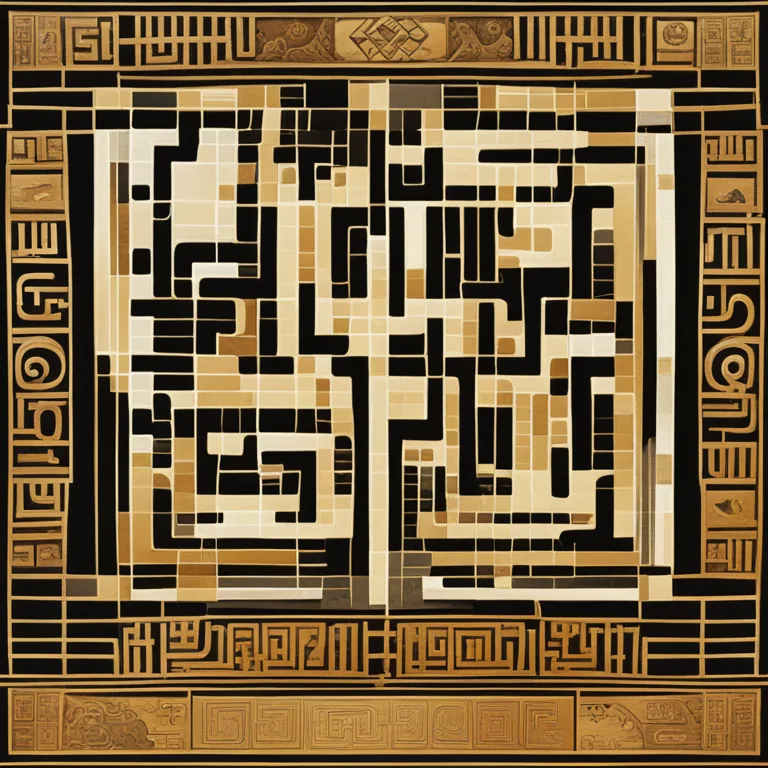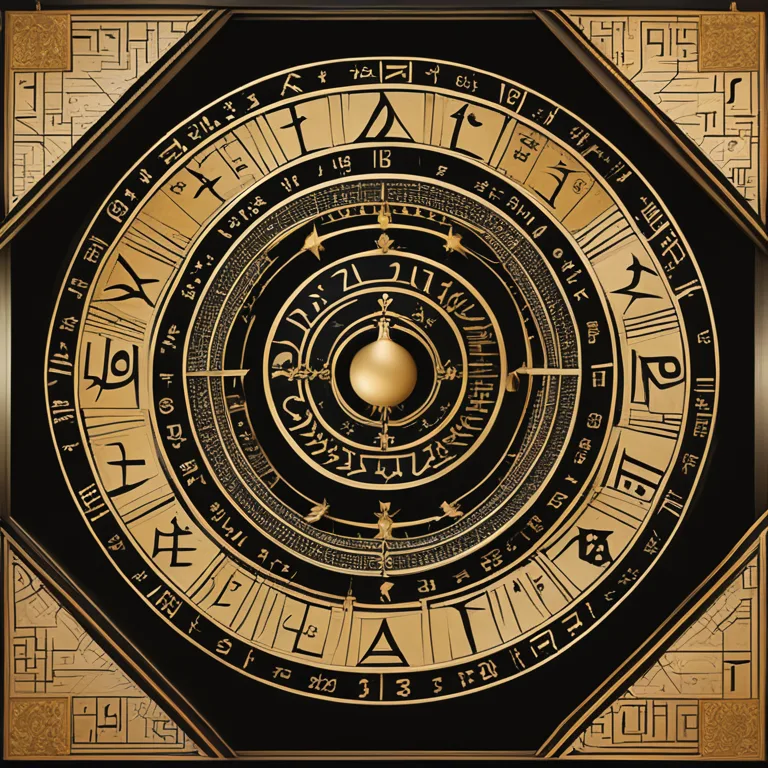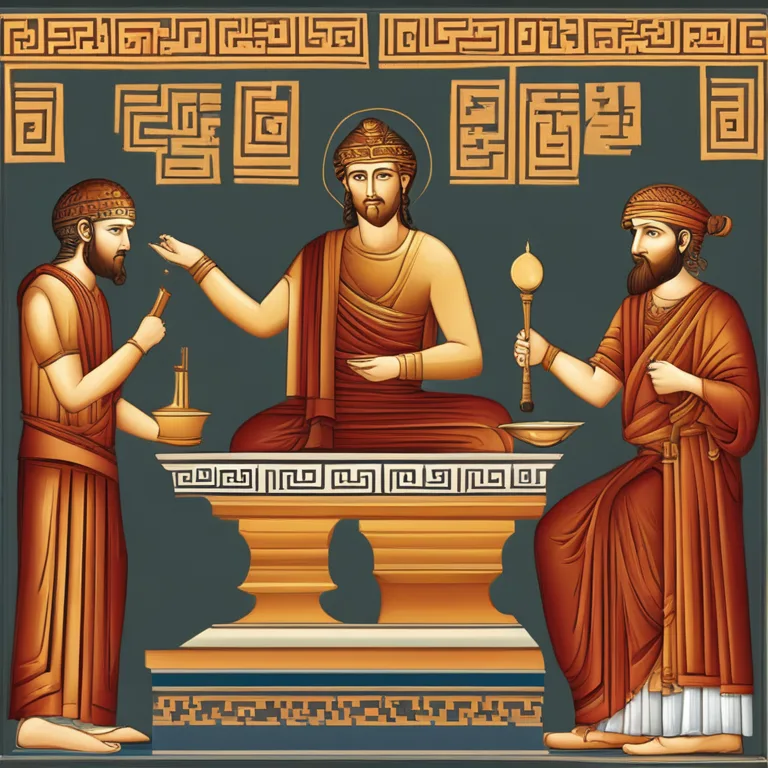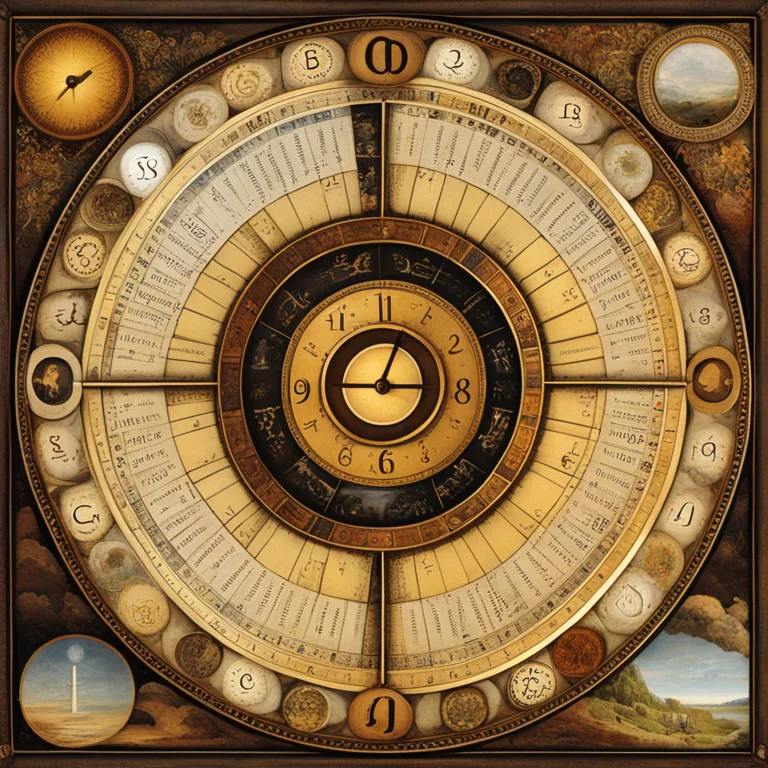
The Roots of Numerology Life
An insightful journey tracing the historical inception of numerology as a practice and belief system.
article by Sofia Ferguson
Numerology's roots can be traced back to ancient civilizations, where the mystical significance of numbers was intertwined with the spiritual and the mundane. The earliest records indicate that the Chaldeans of Babylonia were among the pioneers in using numbers to predict and understand the world. This practice permeated through various ancient cultures including Egyptian, Indian, Greek, and Chinese civilizations, each adapting numerology to their own belief systems and integrating it into their understanding of the cosmos.

The Western numerological tradition is greatly indebted to the Greek philosopher Pythagoras, who, in the 6th century BCE, established a systematic and profound connection between numbers and the world around us. Although not the founder of numerology, it was his belief that numbers had their own relationships and scientific rigor that laid the groundwork for modern numeric interpretation. The school he founded delved deeply into the significance of numbers, both in terms of abstract theory and practical application, setting the stage for future numerological developments.

While the Greek influence waned, numerology continued to evolve, absorbed and transformed by other cultures. Jewish mysticism, particularly the Kabbalistic tradition, developed its own form of numerological insights known as Gematria, where Hebrew letters correspond to numbers, offering a means to decode hidden meanings in sacred texts. This esoteric dimension of numerology further interlaced with Christian mysticism and Islamic scholarship, becoming a rich tapestry of intercultural exchange.

Numerology experienced a resurgence during the Renaissance, an era of rediscovery of ancient knowledge coupled with new approaches to learning and understanding. Thinkers and mystics of this period, such as Cornelius Agrippa and later Dr. John Dee, reinvigorated the practice of numerology, integrating it with then-modern concepts of natural magic, alchemy, and astrology. Their works provided a platform for numerology's adaptation to new philosophical and scientific paradigms.

In the 20th century, numerology gained new perspectives as psychological fields embraced it. Carl Jung, the famous psychoanalyst, examined the archetypal power of numbers, which influenced the modern interpretation of numerology as a tool for self-understanding and personal development. It was also during this time that figures like L. Dow Balliett combined Pythagorean insights with Eastern teachings, molding numerology into a more accessible form for contemporary audiences.
With the advent of the Internet and digital media, numerology has seen yet another transformation. Online platforms, apps, and websites have taken the practice from dusty tomes and private readings to the screens of millions around the globe. Given the quest for self-discovery and meaning in an increasingly complex world, numerology's ancient insights have found new life in the information age, resonating with a digitally savvy generation keen to understand their place in the universe.
As we look beyond 2024, numerology's story is far from finished. The essence of numerology as a bridge between the symbolic and the tangible remains as compelling as ever. It continues to evolve, adapting to cultural shifts and incorporating new findings, while still holding onto the thread of wisdom handed down through millennia. Its journey reflects humanity's enduring quest to find structure, meaning, and connection within the vastness of existence.
Published: 12/21/2023
Modified: 12/21/2023
More predictions
Come back here soon to learn more about yourself and your future


The Influence of Numerology's Power
Discover the significance of numerology's power numbers and how they impact your life's journey.


The Essence of Numerology's Spiritual Dimensions
Delve into numerology's spiritual meanings and discover how numbers shape your spiritual journey and destiny.


The Essence of Life Path 11 in Numerology
Discover the unique spiritual journey and traits of individuals born with Numerology's Life Path 11.